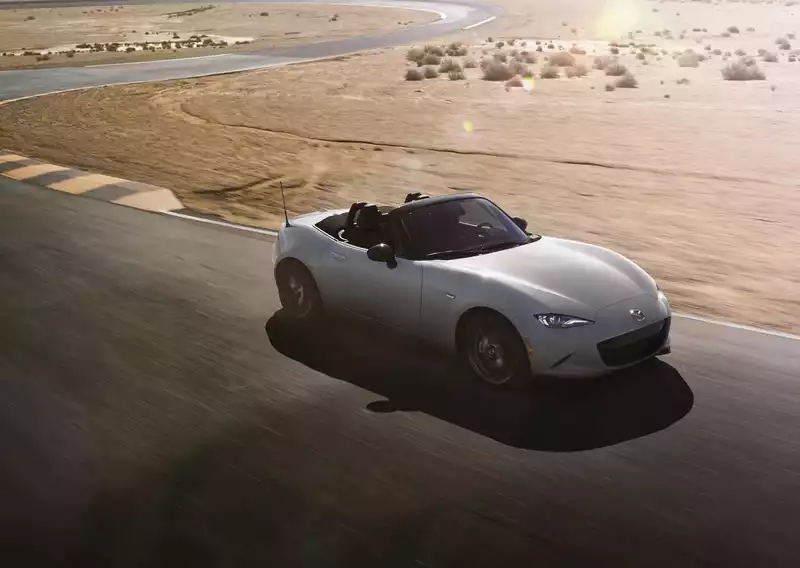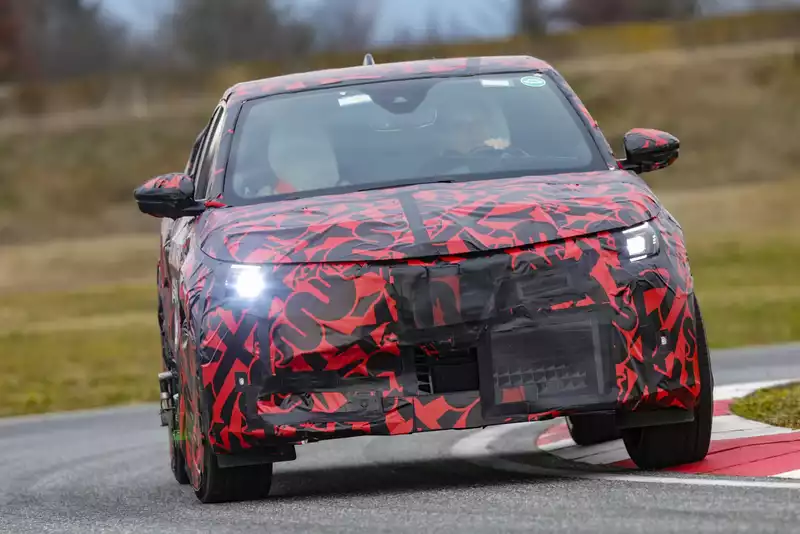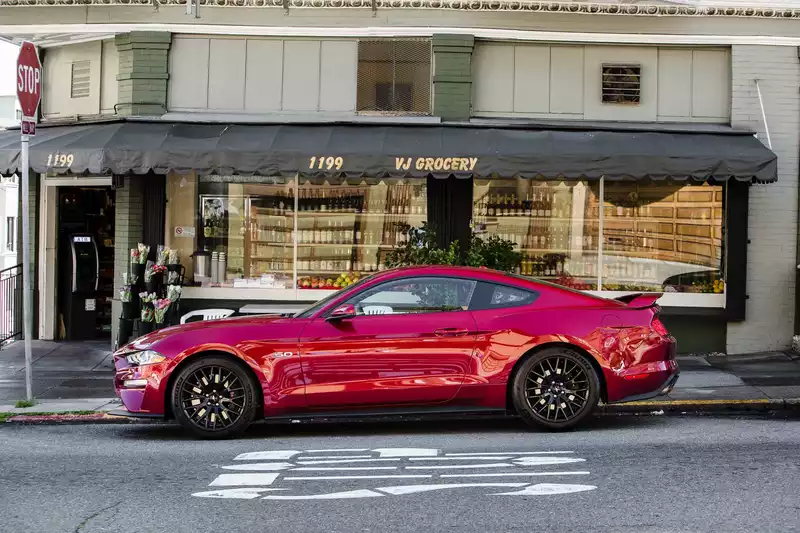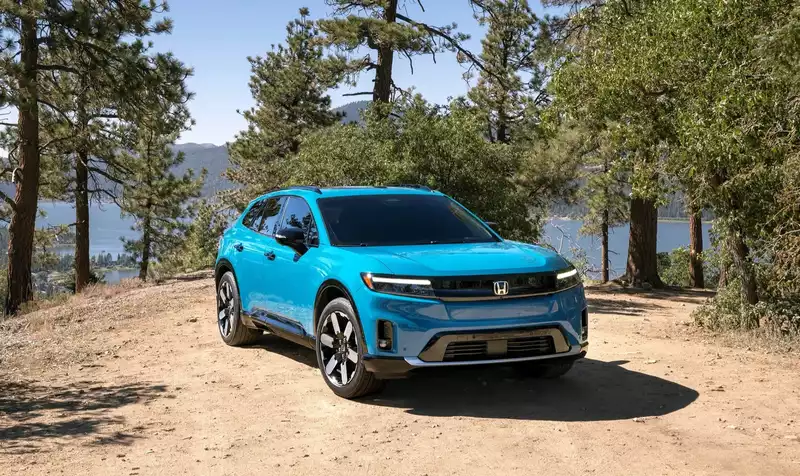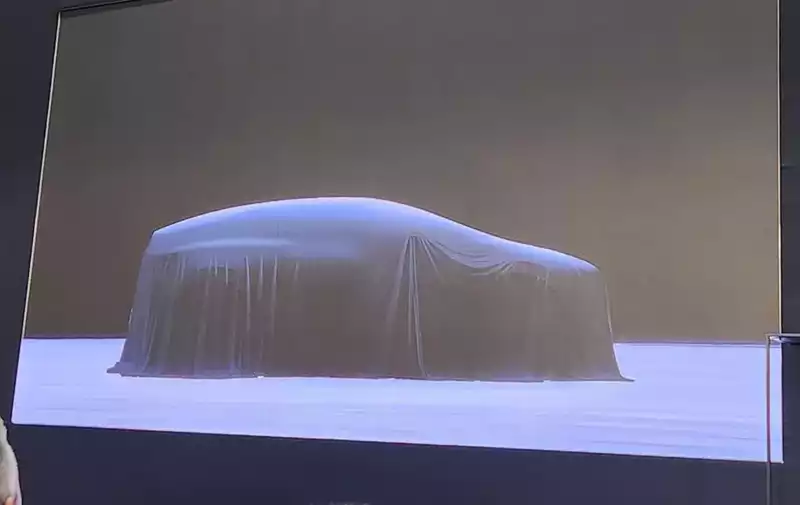The challenges of electric vehicles
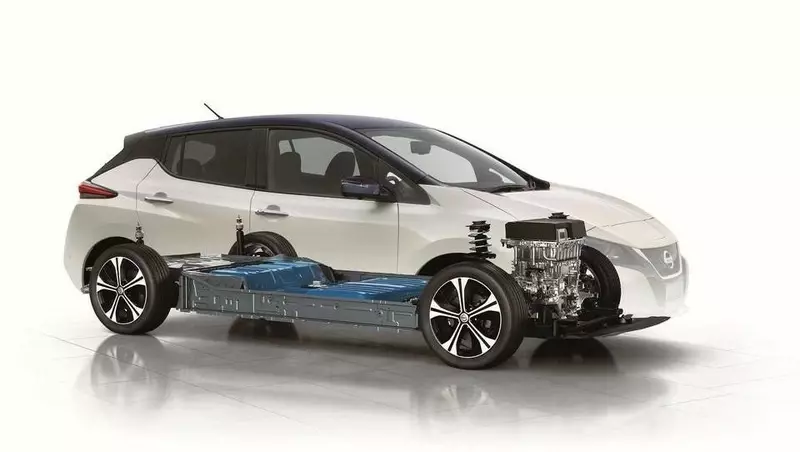
The need to reduce carbon emissions has led automakers to invest heavily in electric vehicles, but their sales remain low. Globally, electric vehicles accounted for about 2% of new car sales in 2019. Jason Fenske of Engineering Explained explains why the spread of electric cars has stalled.
According to Fenske, the main problem is that batteries do not have the same energy density as gasoline batteries. This means that batteries need more space than dinosaur juice to store a certain amount of energy. According to Fenske, a gallon of gasoline is equivalent to 33.7 kilowatt hours of energy. This means that one gallon contains more energy than the entire battery pack of the first-generation Nissan Leaf.
However, Fenske notes that electric cars are generally more efficient than gasoline cars. According to Toyota, the 2ZR-FXE engine in the Toyota Prius is one of the most efficient internal combustion engines, at around 40%. However, according to Fenske, most electric motors can operate at 90% efficiency at any given time.
However, according to Fenske, the difference in efficiency is mostly offset by other factors. Differences in driving conditions and ambient temperature can reduce the efficiency of electric vehicles, he says.
Another problem is the increased weight and complexity of a battery pack compared to a fuel tank. According to Fenske, more battery cells are required to provide sufficient range for an electric vehicle, which takes up space and increases the mass of the vehicle.
According to Fenske, this is not as big of a problem for passenger electric vehicles as it is for other types of electric vehicles. For example, the mass of semi-trucks is limited by regulations. Therefore, Fenske says, trying to get enough range from an electric semi-truck can significantly limit the amount of cargo it can carry.
This doesn't stop companies from trying to develop electric semi-trucks. Tesla has announced that its semi-truck has a range of up to 500 miles, and this truck has attracted interest from companies such as Budweiser and Wal-Mart. It is worth noting that the first electric semi-trailers will likely be used for short trips between specialized terminals to stay close to a charging station.
Energy density may also affect many electric pickup trucks under development. Towing inevitably reduces efficiency, but this is generally not a problem for gasoline or diesel pickups. Even if towing reduces fuel efficiency, drivers are not inconvenienced by large fuel tanks. In contrast, towing electric vehicles can significantly reduce range.
